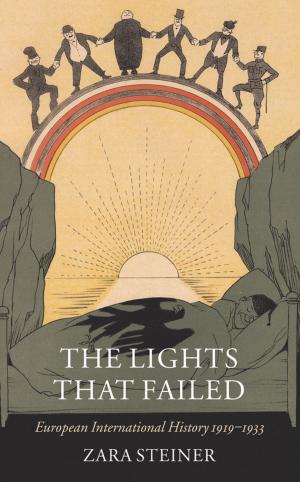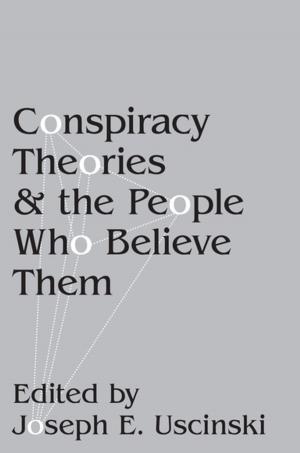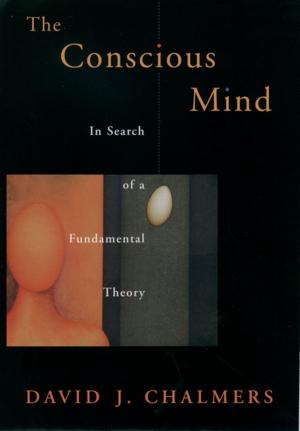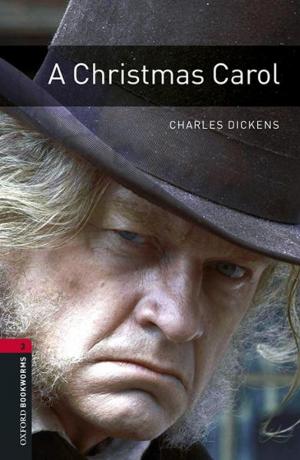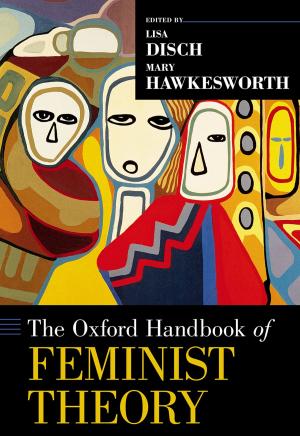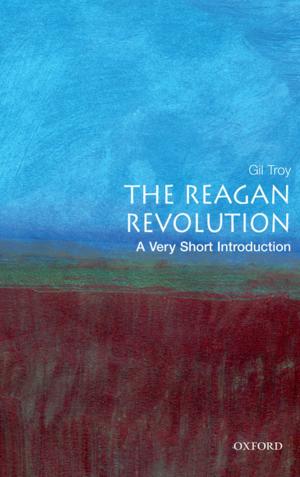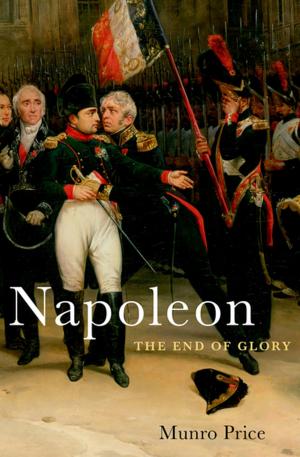On Purpose
How We Create the Meaning of Life
Nonfiction, Social & Cultural Studies, Social Science, Sociology, Marriage & Family, Religion & Spirituality| Author: | Paul Froese | ISBN: | 9780190262877 |
| Publisher: | Oxford University Press | Publication: | December 3, 2015 |
| Imprint: | Oxford University Press | Language: | English |
| Author: | Paul Froese |
| ISBN: | 9780190262877 |
| Publisher: | Oxford University Press |
| Publication: | December 3, 2015 |
| Imprint: | Oxford University Press |
| Language: | English |
What is your purpose in life? This simple question motivates some of our most life-altering decisions, deeply-held beliefs, and profound emotions, as well as the choices we make every single day. How we derive meaning from our existence is crucial to finding happiness, developing relationships, and building societies. In On Purpose, Paul Froese brings together data from large national and international surveys with interviews that illuminate the ways in which people from all walks of life grapple with their continuous search for reason, truth, sense, success, happiness, and-ultimately-transcendence. Froese argues that the desire to connect with something larger than oneself is a universal urge, manifested most directly, but far from solely, in religious communities. Written in vivid, accessible prose, On Purpose takes the reader on a journey through the complexities and consequences of life's most important question. From the start, Froese admits that the answer to the question is deceptively simple: our purpose is whatever we imagine it to be. But what we imagine our purpose to be depends on innumerable factors beyond our control: our wealth, race, education level, upbringing, past experiences, and community. Froese argues that one's surroundings serve as a kind of soil that can either nurture purpose or foster meaninglessness. Framing the book around six key questions, Froese refuses to collapse the meaning of life into a single authoritative answer, as self-help gurus do. Instead, he deconstructs each question to reveal the social pathways that guide people to distinctive answers. Through lively, engaging storytelling that mixes data and analysis with literary and historical examples of the quest for purpose, Froese sheds new light on a timeless and all-too-human quandary. The moral of the book is not that life has some ultimate meaning or no meaning at all, but rather that creating a purpose-driven life has always been a collective project.
What is your purpose in life? This simple question motivates some of our most life-altering decisions, deeply-held beliefs, and profound emotions, as well as the choices we make every single day. How we derive meaning from our existence is crucial to finding happiness, developing relationships, and building societies. In On Purpose, Paul Froese brings together data from large national and international surveys with interviews that illuminate the ways in which people from all walks of life grapple with their continuous search for reason, truth, sense, success, happiness, and-ultimately-transcendence. Froese argues that the desire to connect with something larger than oneself is a universal urge, manifested most directly, but far from solely, in religious communities. Written in vivid, accessible prose, On Purpose takes the reader on a journey through the complexities and consequences of life's most important question. From the start, Froese admits that the answer to the question is deceptively simple: our purpose is whatever we imagine it to be. But what we imagine our purpose to be depends on innumerable factors beyond our control: our wealth, race, education level, upbringing, past experiences, and community. Froese argues that one's surroundings serve as a kind of soil that can either nurture purpose or foster meaninglessness. Framing the book around six key questions, Froese refuses to collapse the meaning of life into a single authoritative answer, as self-help gurus do. Instead, he deconstructs each question to reveal the social pathways that guide people to distinctive answers. Through lively, engaging storytelling that mixes data and analysis with literary and historical examples of the quest for purpose, Froese sheds new light on a timeless and all-too-human quandary. The moral of the book is not that life has some ultimate meaning or no meaning at all, but rather that creating a purpose-driven life has always been a collective project.


